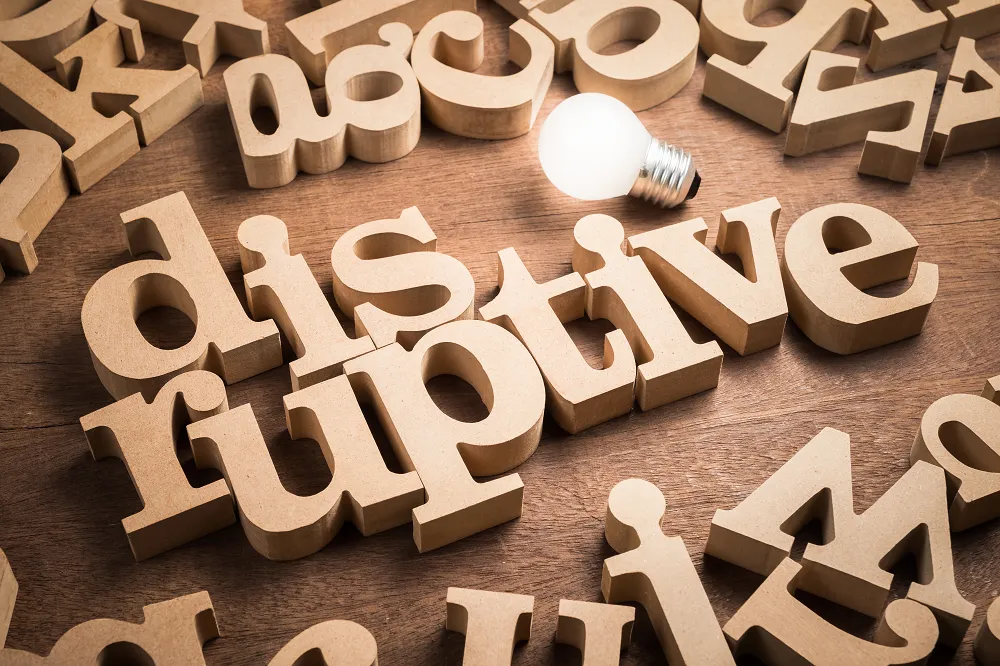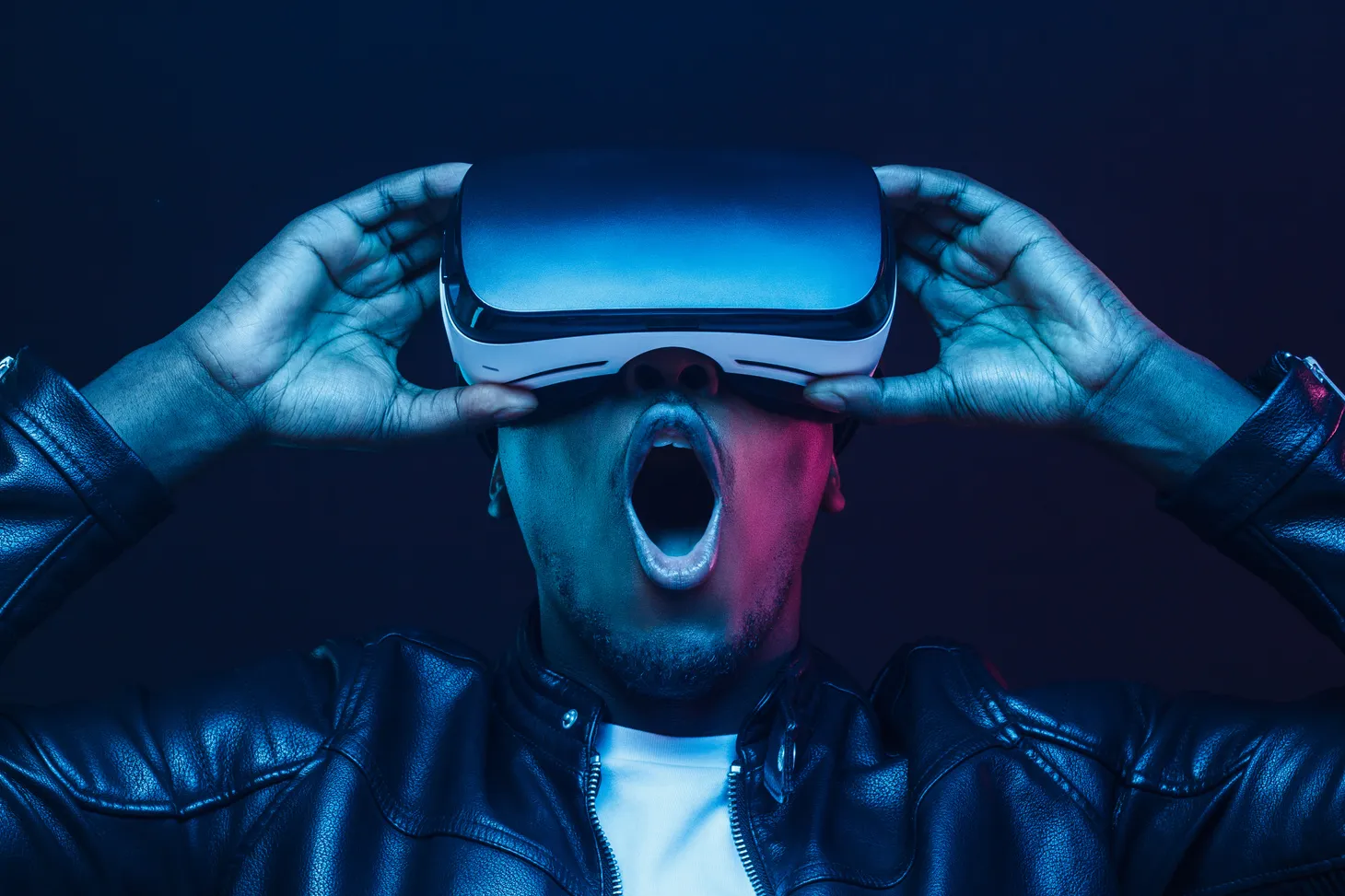Innovation Begins When We Question Everything
Imagine unlocking your potential by seeing the world anew. A beginner's mind can spark creativity and innovation. Let go of fixed ideas and embrace fresh perspectives. This journey can transform your thinking and lead to remarkable breakthroughs.

In the hustle and bustle of today's world, adopting a beginner's mindset is crucial for navigating through the chaos. It's a mindset that fosters innovation and personal growth by allowing us to approach problems and opportunities with fresh eyes, free from preconceived notions and biases. Ed Catmull, co-founder of Pixar Animation Studios, encapsulates this idea well in his quote:
"By resisting the beginner’s mind, you make yourself more prone to repeat yourself than to create something new. The attempt to avoid failure, in other words, makes failure more likely."
The Power of Fresh Eyes
Ed Catmull's quote underscores a significant challenge both individuals and organizations face—stagnation. When we resist approaching situations with a beginner’s mind, we become more susceptible to repeating past mistakes instead of innovating a new solution. This reluctance to see things anew can lead to a cycle of mediocrity, where the fear of failure stifles creativity and progress. Fresh eyes allow us to question the status quo, explore uncharted territories, and ultimately, drive innovation.
The Ego Barrier
Ego is often the biggest barrier to adopting a fresh perspective, especially for seasoned professionals. The more experience and success one accumulates, the harder it becomes to admit that there’s still much to learn. Ego whispers that we know enough, that we’ve seen it all, and that our past successes will guide our future endeavors. However, this mindset can be detrimental. I recall a time when my own ego prevented me from listening to a junior team member's suggestion. It wasn't until I set my ego aside that I realized their idea had the potential to revolutionize our business. Overcoming ego is not just about humility; it's about recognizing that wisdom can come from anywhere, and sometimes, fresh perspectives are what we need the most.
Cultivating Humility
Humility is the key to seeing with a beginner’s mind. It requires the willingness to learn, adapt, and acknowledge that we don't have all the answers. Here are some practical tips for developing humility:
- Ask Questions: Never assume you know everything. Ask questions and be genuinely curious about others' perspectives.
- Seek Feedback: Actively seek constructive criticism and be open to learning from it.
- Admit Mistakes: Acknowledge when you’re wrong and view mistakes as learning opportunities.
- Practice Awareness: Stay present and aware, which can help you detach from ego-driven thoughts and behaviors.
By cultivating humility, we open ourselves to new ideas and continuous improvement.
The Journey to Innovation
Seeing with fresh eyes leads to numerous positive outcomes, including inventiveness, personal growth, and improved problem-solving abilities. When we approach challenges with a beginner’s mind, we are more likely to find creative solutions and break free from conventional thinking. For instance, many groundbreaking inventions and discoveries have come from individuals willing to question established norms and explore new possibilities.
So ask yourself...
- What assumptions am I making about my current situation that may limit my perspective?
- In what areas of my life or work do I feel stuck or stagnant?
- Who could I learn from with a background or experience different from my own?
- What recent feedback have I received that I may have dismissed too quickly?
- How can I create an environment that fosters openness and curiosity in my team or community?
By contemplating these questions, you empower yourself to embrace new ideas and cultivate a mindset that thrives on innovation and growth.
Conclusion
Seeing with a beginner’s mind is a powerful tool for fostering innovation, personal growth, and problem-solving. By overcoming the ego barrier and cultivating humility, we can approach situations with fresh eyes and drive meaningful change. As Ed Catmull wisely pointed out, resisting the beginner’s mind makes failure more likely.
Therefore, striving to maintain a beginner’s perspective, continually learning, and adapting ultimately paves the way for a brighter, more innovative future.




